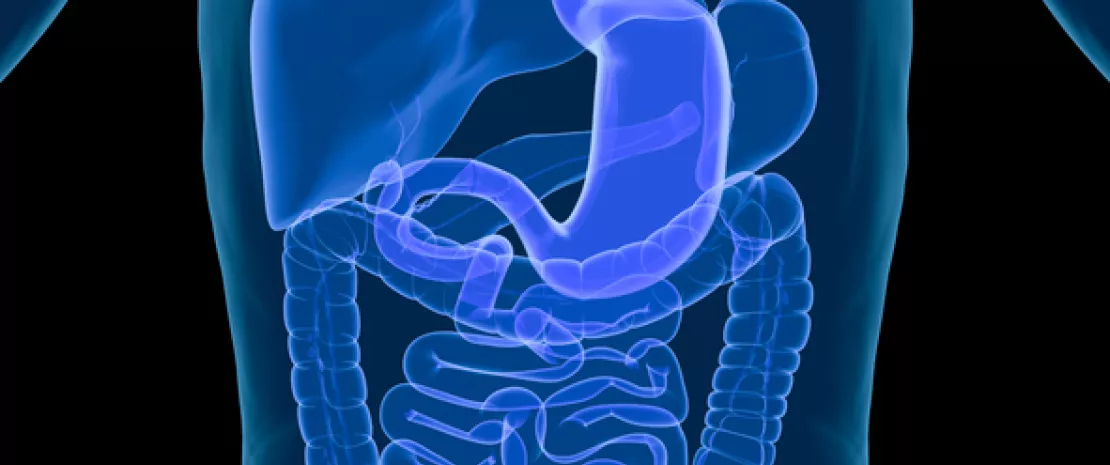How does the gut microbiota remotely control the thymus?
The gut microbiota seems to remotely control the multiplication and maturation of some T cells in the thymus, through microbial metabolites. In return, T cells seem to have an impact on the homeostasis of the gut barrier.
Lay public section
Find here your dedicated section
Sources
This article is based on scientific information

About this article
How does the gut microbiota modulate immune functions? This question still remains unanswered by science, although a subset of T cells might be involved, namely MAIT (mucosal-associated invariant T) cells, which take part in the gut mucosa homeostasis. MAIT cells are non-conventional T cells having an innate function, mainly located in gut mucosa: they include an invariant pattern-recognition receptor for bacterial metabolites.
Proposed mechanism
In an article published in Sciences, French teams summarized their different works which tend to show that, in mice, gut bacteria react to the development of MAIT cells in the thymus, where T cells reach maturation. The proposed mechanism, based on in vitro and in vivo experimental results, is the following: gut bacteria secrete a metabolite of the biosynthetic pathway of B2 vitamin called 5-OP RU. 5-OP-RU quickly crosses the gut mucosa and travels to the thymus where it is recognized by the receptors of immature MAIT cells. This recognition could induce multiplication and maturation of MAIT cell precursors. Mature MAIT cells would then leave the thymus and reach mucosa, especially the gut mucosa, where they could strengthen the epithelial barrier, curb the development of bacterial populations and participate in the defense against pathogens. It should be noted that 5-OP-RU might not be the only bacterial metabolite involved: the researchers suspect that other mediators induced by the gut microbiota also play a role in the multiplication and control of MAIT cells.
The microbiota: an integral part of the immune Self?
By proposing a new mechanism explaining how the gut microbiota could remotely influence the host’s organs, this publication also participates in decoding the complex dialogue that emerges between the microbiota and the immune system, and specifically between the gut microbiota and the thymus, regarded as the place where the distinction between the Self (by suppressing lymphocytes able to recognize the Self, thus avoiding autoimmune diseases) and the Non-Self (positive selection of lymphocytes recognizing foreign components) is made. But according to the proposed mechanism, MAIT cell maturation within the thymus has the distinguishing feature of being based on microbiota metabolites. This suggests that the gut microbiota could be an integral part of the immune Self.






